Background
In today's rapidly changing
environment, the need for innovative and sustainable solutions in soil and
water conservation has never been more critical. Climate change, urbanization,
and increasing agricultural demands are putting unprecedented pressure on our
natural resources. In this context, young professionals have been endowed with
a mission to drive the advancements to tackle these complex challenges.
The World Association of Soil and
Water Conservation (WASWAC), China institute of Water Resources and Hydropower
Research (IWHR) and Chinese National Committee on Large Dams (CHINCOLD), are
excited to announce the event “Sustainable Soil and Water Conservation for
Tomorrow" for young professionals, which will take place from September 21
to 27, 2024 in China.
By bringing together young
professionals from diverse backgrounds, this event aims to foster
collaboration, share cutting-edge research and technologies, and inspire
actionable solutions for a more sustainable future. Therefore, we sincerely
invite young scholars, engineers, and graduate students working in the fields
of water resources and hydropower to participate in this event and share your
visionary ideas.
Primary Program
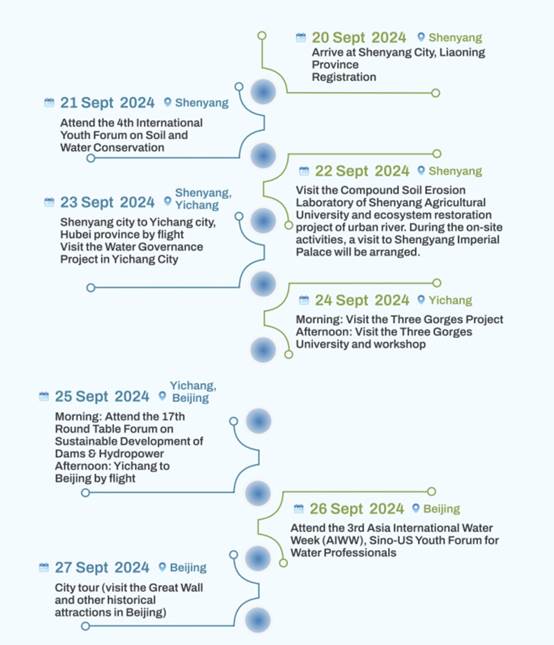
More information on the 4th
International Youth Forum on Soil and Water Conservation, the 17th Round Table
Forum on Sustainable Development of Dams & Hydropower and the 3rd Asia
International Water Week (AIWW) could be found via websites below:
https://4th-iyfswc-2024syau.scievent.com/
https://isds2024.glbmedcon.com/web/content/m986
https://3-aiww.scimeeting.cn/en/web/index/17040
Technical and Cultural Tours in the Program
Technical tours to visit the Compound
Soil Erosion Laboratory of Shenyang Agricultural University, the Three Gorges
Project, and ecosystem restoration projects of urban rivers etc. will be
arranged. Meanwhile, the delegates will have the opportunity to visit the
Shenyang Imperial Palace, the Great Wall and other historical attractions in
Beijing.
- Compound
Soil Erosion Laboratory of Shenyang Agricultural University
The compound soil erosion laboratory
is the one of the most important laboratories in the field of soil
erosion research in China. The laboratory covers an area of 300 m2 and is a
steel structure project with a 14-meterlifting frame. The interior of the
laboratory mainly includes three parts, namely the freeze-thaw cycle system,
rainfall system, and wind tunnel system, which can realize the simulation of
main soil erosion types such as hydraulic erosion, wind erosion and freeze-thaw
erosion, especially it can meet the instrumentation requirements for the
simulation of soil compound erosion mainly by hydraulic erosion and mainly by
wind erosion in severe cold area affected by freeze-thaw action.
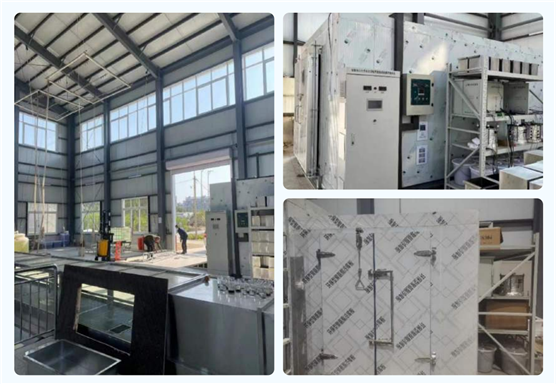
Compound
Soil Erosion Laboratory
Three Gorges Project is a key project
to the development and management of the Yangtze River basin. It has the
largest installed capacity in the world with a total installed capacity of
22.5GW, Ecological and environmental protection has been emphasized. By
optimizing reservoir dispatching, aquatic ecosystem of the Yangtze River and
favorable hydrological conditions for fish reproduction have been effectively
improved. Multiple measures have been taken to protect rare terrestrial plants
in the middle and upper reaches of the Yangtze River, such as Davidia
involucrata, Adiantum reniforme, Taxus chinensis and Myricaria laxiflora.
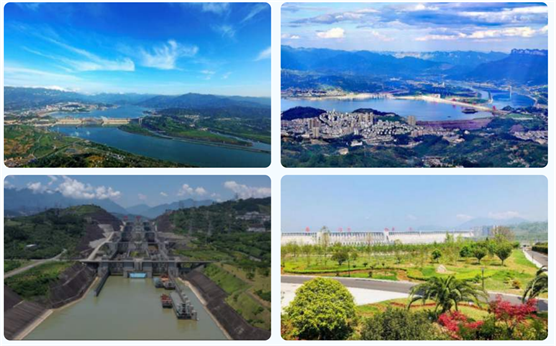
Three
Gorges Project
The Shenyang lmperial Palace, one of the
two most intact imperial group-buildings ever existing in China, enjoys equal
popularity as the Forbidden City. lt was built between 1625 and 1637 by
Nurgaci. it contains an important library and testifies to the foundation of
the last dynasty that ruled China, before it expanded its power to the centre
of the country and moved the capital to Beijing. This remarkable architectural
edifice offers important historical testimony to the history of the Qing
Dynasty and to the cultural traditions of the Manchu and other tribes in the
north of China. lt was inscribed on the list of the World Cultural and Natural
Heritage in 2004.
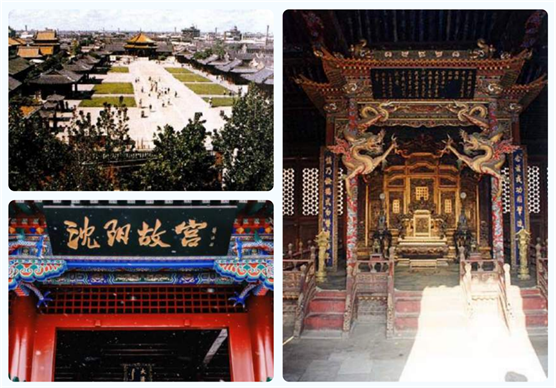
Shenyang
Imperial Palace
The Great Wall is a cultural heritage.
lt winds its way through the northern part of China, with a total length of
over 6350 km and over 16 provinces, municipalities and autonomous regions. in
the process of building the Great Wall, ancient people poured glutinous rice
slurry into soil and mixed it evenly to make glutinous rice mortar to bond bricks
and stones. This not only has excellent adhesion but also excellent waterproof
performance, allowing the Great Wall to stand for thousands of years under
erosion. As the well-kept part of the Great Wall locates inside Beiling city,
it became the best choice to visit. Who know how many people's aspirations have
been inspired by the sentence "He who has never been to the Great Wallis
not a true man."!
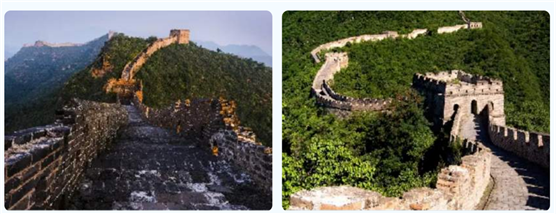
The Great Wall
Sponsorship
Opportunity
There are 20 positions
available for the sponsorship this year. The sponsorship will cover all
expenses in China from Sept. 20 when arriving at Shenyang City to Sept.27
when the tour in Beijing ends, including transportation, accommodation, food,
conference registration, and technical/cultural tours.
Who
can apply
1. Under 45 years of age
2. Have bachelor degree or above
3. Work in a field related to water resources and hydropower
4. Fluent in English
Registration
Please fill out the Registration From
which can be downloaded using the following weblink and send to
chincold-en@vip.126.com before 31 July, 2024. If you would like to apply
for the sponsorship, please send in your CV together with the Registration
Form. Evaluation will start immediately after the application deadline, and the
successful applicants will be informed before 15 August, 2024.[weblink: https://files.glbmedcon.com/upload/file/20240624/20240624171041_32833.docx]
Contact
information
Name: Dr. Aili
LI
Email:
chincold-en@vip.126.com
Telephone:
+86 13811499665

